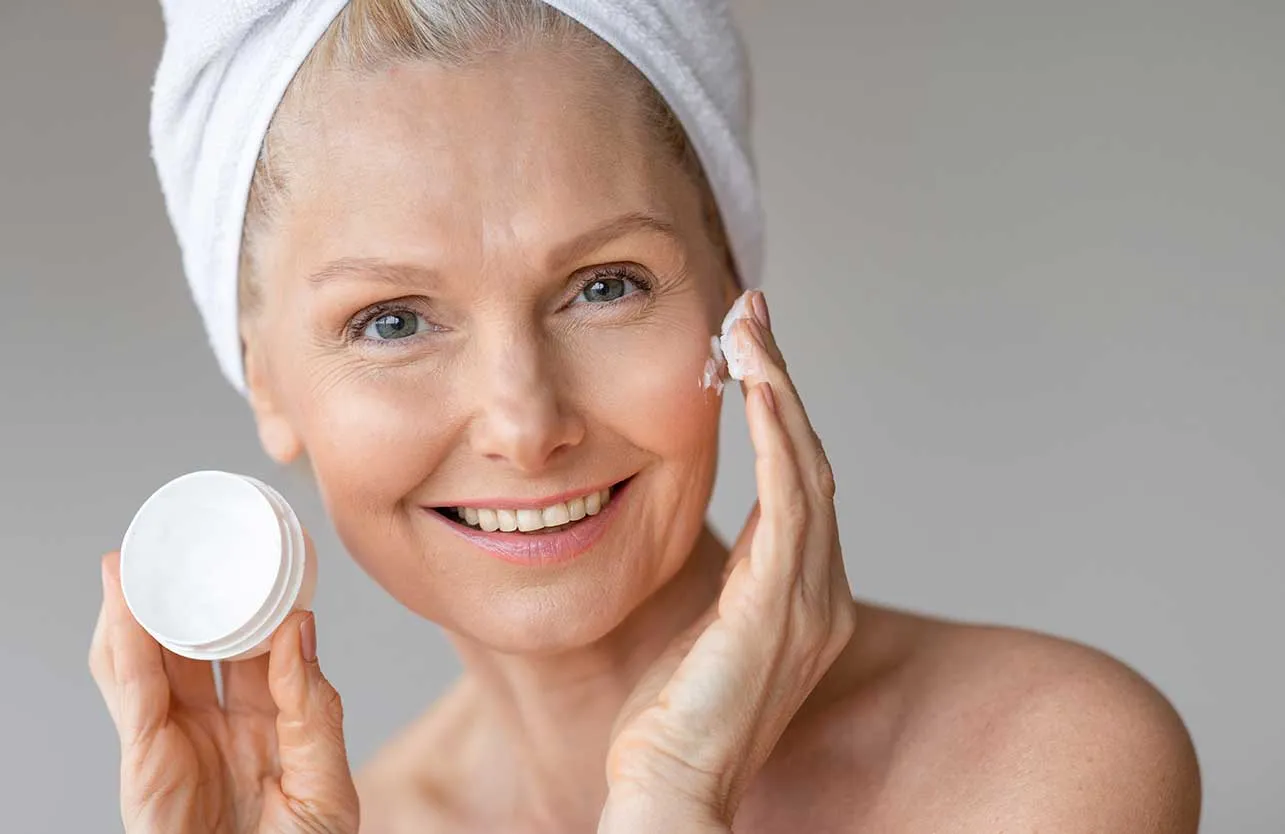Do Skin Firming Creams Really Work?
What Do Skin Firming Creams Promise?
Skin firming creams are cosmetic products designed to tighten sagging or loose skin caused by aging, weight loss, pregnancy, or environmental damage. These creams are commonly used on the face, neck, décolleté, abdomen, arms, and thighs.
Their common claims include:
- Enhancing skin elasticity
- Stimulating collagen production
- Improving skin smoothness
- Reducing the appearance of sagging
- Softening fine lines and wrinkles
But how much of this is backed by science? Are firming creams truly effective, or do they merely create a temporary sensation of tightness?
What Determines Skin Firmness?
Several factors influence the firmness and elasticity of skin:
- Collagen: A structural protein that gives the skin strength and support. Its production decreases with age.
- Elastin: Responsible for skin’s ability to stretch and bounce back.
- Hyaluronic Acid: Helps retain moisture and plumpness in the skin.
- Subcutaneous Fat Tissue: Maintains volume and prevents sagging.
- Muscle Tone: Especially relevant in the face and body for overall firmness.
As these components decline, skin starts to sag. The effectiveness of firming creams depends on how well they can target and support these biological elements.
Scientifically Proven Active Ingredients
The effectiveness of a skin firming cream relies largely on its ingredients. Here are some compounds with clinically supported benefits:
1. Retinoids (Retinol, Retinyl Palmitate)
- Boost collagen synthesis and improve skin texture.
- Backed by extensive dermatological research for anti-aging and firming.
2. Peptides
- Support cell communication and stimulate collagen and elastin production.
- Copper peptides and Matrixyl are widely used in firming formulas.
3. Vitamin C (L-Ascorbic Acid)
- A powerful antioxidant that promotes collagen production.
- Helps even skin tone and improve elasticity.
4. Hyaluronic Acid
- Known for its moisture-retaining ability.
- Provides plumpness and a smoother skin surface.
5. Caffeine
- May temporarily firm skin by reducing puffiness and improving circulation.
- Often included in anti-cellulite and body firming creams.
6. Coenzyme Q10 and Niacinamide
- Enhance cellular energy and barrier function.
- May reduce fine lines and firm the skin with consistent use.
How Effective Are Skin Firming Creams?
Scientific studies suggest that firming creams can offer mild to moderate improvements, especially with long-term use. However, their effects are typically:
- Surface-level and temporary,
- Not effective for deep tissue laxity,
- And significantly weaker than medical procedures.
Therefore, they may:
- Help with mild skin looseness,
- Improve the overall appearance when combined with a good skincare routine,
- But won’t reverse advanced sagging or deep wrinkles.
When to Expect Results
While some firming effects—like hydration or plumpness—may appear after the first few uses, visible tightening typically requires:
- 6 to 8 weeks of regular application,
- Along with proper sun protection and a healthy skincare routine.
A holistic approach combining lifestyle, diet, exercise, and targeted treatments will yield the best outcomes.
Areas Most Commonly Treated
- Face & Neck: Retinol and peptide-based creams are often most effective here.
- Upper Arms & Abdomen: Thicker skin may delay visible results.
- Thighs & Buttocks: Firming and anti-cellulite products can support smoother skin appearance.
Comparison With Medical Treatments
|
Method |
Effectiveness |
Longevity |
Frequency |
|
Firming Creams |
Mild |
Short–Medium Term |
Daily |
|
Radiofrequency |
Moderate–High |
6–12 months |
3–6 sessions |
|
HIFU (Ultherapy) |
High |
1–2 years |
Once a year |
|
Surgical Lifting |
Very High |
Permanent |
One-time |
Who Should Use Skin Firming Creams?
- People aged 30+ looking to prevent early signs of sagging
- Post-weight-loss or postpartum individuals with mild skin laxity
- Those avoiding invasive procedures but still wanting improvement
- Menopausal individuals experiencing age-related elasticity loss

